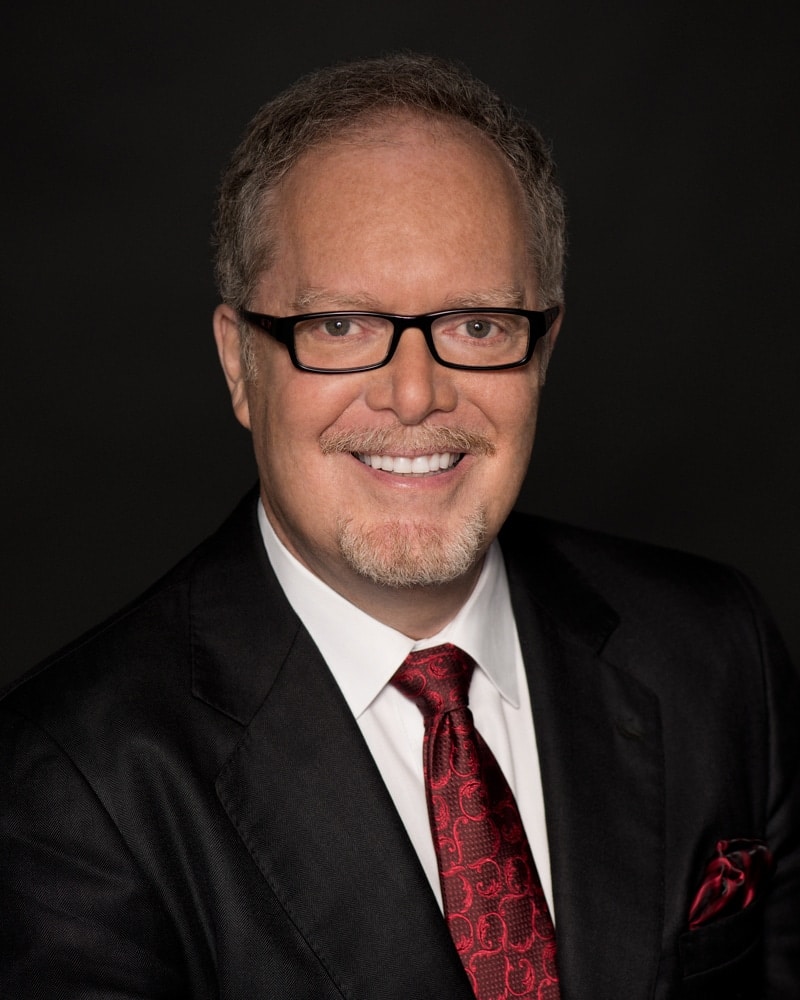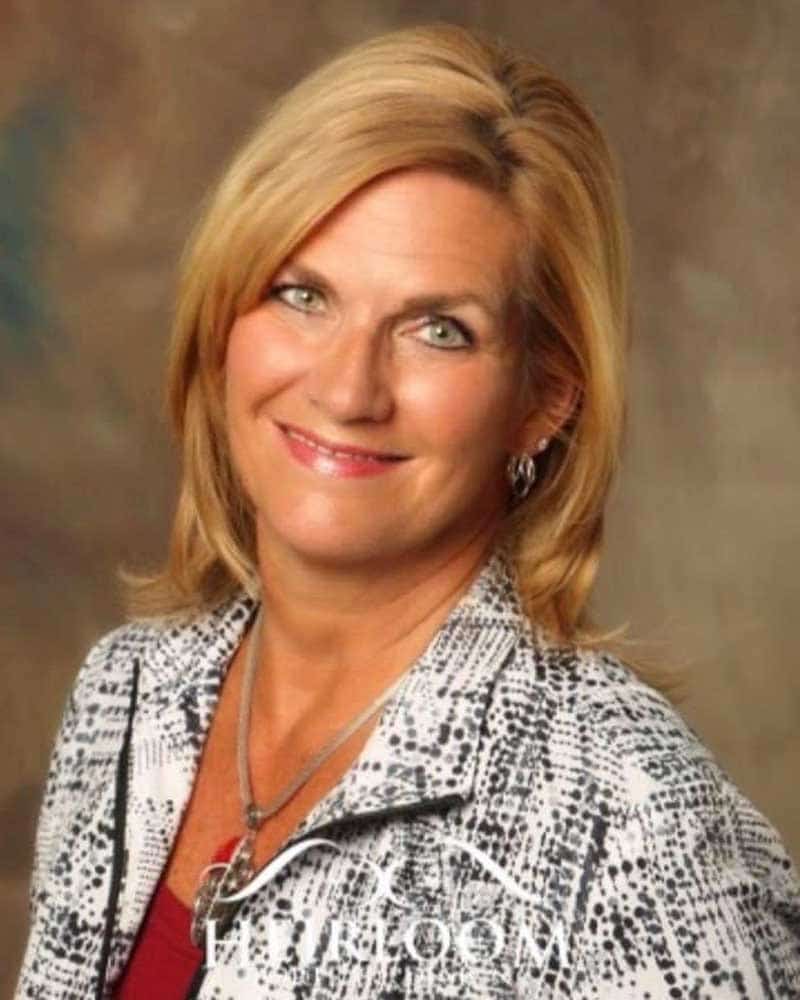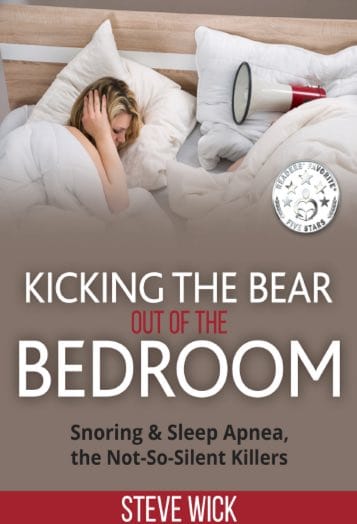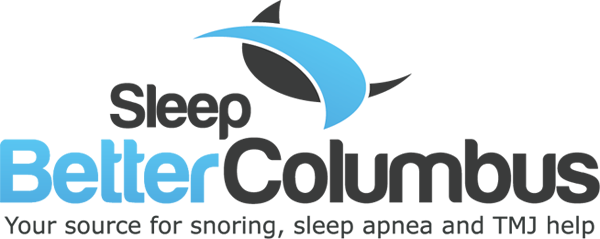Sleep Apnea Therapy and Sleep Apnea Treatment
Do you think you have sleep apnea?
Signs and Symptoms of Sleep Apnea
Is the CPAP living under your bed or in the back of the closet?
Have tried CPAP therapy but just cannot tolerate the machine, the noise, the mask, or the inconvenience of traveling with the CPAP machine?
Are you tired all the time?
While you are sleeping, it is best to breath through your nose. Your nose will moisten and warm the air to body temperature. Do you know if you stop taking breaths for 10 seconds or longer? Do you awaken suddenly with a ‘start’? This is sleep apnea.
Do you snore or wake up frequently at night?
Snoring is a very strong sign that you may have sleep apnea. It doesn’t mean that you definitely have it, but it is a very good indicator. On the other hand, you may have sleep apnea even if you don’t snore.
Can children have sleep apnea?
Yes, it is not uncommon for children to have sleep apnea. Treatments include early braces to help permanent teeth erupt in the proper position as well as the removal of tonsils.
Do you have TMJ?
There is a strong relationship between sleep apnea and TMJ. Often, we are able to relieve and eliminate TMJ problems by treating the sleep apnea.
GET MORE INFORMATION
Did you know there is an alternative to the CPAP therapy treatment for sleep apnea?
What are Oral Appliances for sleep apnea treatment and how do they work?
Oral appliances are very much like wearing a night guard or orthodontic retainer. Some describe them as being like an athletic mouthguard. The bottom line is that they are comfortable and relatively non-intrusive. There are currently over 200 FDA approved appliances. Dr. Levy uses about a dozen of them and chooses the right one for you based on a number of factors such as degree of snoring, mouth size, etc. While the principle behind these appliances is not new, they all do the same thing: move the lower jaw forward so as to open the airway and unblock your windpipe. Multiple studies in medical journals have shown that oral appliances are better tolerated by patients than CPAP therapy and they have a far better compliance rate.
If you feel you or someone you love may suffer from sleep apnea, or you experience any of the symptoms mentioned above, please contact Dr. Levy for a screening consultation.
Meet Dr. Mark Levy, Sleep Apnea Specialist
Dr. Mark Levy has used oral appliance therapy to treat sleep disordered breathing since 2005 in the Central Ohio area. He has treated thousands of cases, ranging from the simplest to the most complex and provides oral appliances as an alternative to or in combination therapy with CPAP.
As a member of both the American Academy of Dental Sleep Medicine and the Academy of Clinical Sleep Disorders Disciplines, Dr. Levy has completed hundreds of hours of continuing education, assuring you an exceptional level of education, training, and experience in the use of oral appliances.
Dr. Levy also lectured to healthcare providers in Moscow and St. Petersburg, Russia and has plans to continue to teach abroad, bringing awareness of obstructive sleep apnea to the Russian medical community.

Meet Dr. Slabach, Sleep Apnea Specialist
Dawne Slabach, DDS is committed to providing compassionate care to all patients. Her passion for TMJ disorders, sleep-disordered breathing and orthodontics all stem from her own experiences with all three areas of care.

Our Sleep Apnea Therapy Solution is Simple… and it works!
Get a professional, long-lasting solution to sleep apnea and snoring. This is a simple, comfortable solution that will have you sleeping better quickly.
3. Pick up your sleep apnea oral appliance
Your oral appliance is custom made for you and lab time can take up to 3 weeks.
2. Consult with Dr. Levy or Dr. Slabach
4. Get the best sleep of your life!
Learn More by Watching these Sleep Apnea videos
We provide an effective, safe, and simple solution that reduces symptoms of Obstructive Sleep Apnea comfortably, allowing better sleep and decreased health risks. Get better rest for you or your family.
Watch videos from Dr. Levy
Watch other videos about sleep
Watch testimonial videos








Frequently Asked Questions
Sleep Apnea Therapy FAQs
If you’re suffering with sleep apnea it’s best to begin treatment sooner than later. Delaying sleep apnea treatment can lead to a variety of health complications down the road that can greatly diminish your quality of life or even lead to death.
Thankfully, Sleep Better Columbus offers sleep apnea treatments for those who can’t stand their CPAP machine. You no longer have to suffer through sleepless nights or the other consequences associated with obstructive sleep apnea (OSA). And your partner will no longer have to listen to the noise of CPAP machines or your snoring through the night while worrying about if you’re getting enough oxygen.
Sleep Apnea Treatment with Oral Appliances
Oral appliances are leading the way as the new, more comfortable form of sleep apnea therapy. Gone are the days of noisy machines that are hard to clean and even harder to travel with. OSA patients are enjoying life again with the use of an oral appliance custom-fit to their mouth.
Of all the OSA sleep therapy options, sleep apnea oral appliances are the easiest to use, clean, and travel with. This simple device helps free you from the sleep apnea symptoms and side effects that wreak havoc on your body and mind.
Sleep apnea therapy is only effective if you actually follow through with treatment. If you’re not using your CPAP as much as you should then it’s not going to help you. Don’t let your CPAP discomfort keep you from getting the treatment you need when there’s another way.
You, too, can breathe easy at night with oral appliance therapy for obstructive sleep apnea.
Get Your FREE COPY of
Kicking the Bear Out of the Bedroom
Snoring & Sleep Apnea, the Not-So-Silent Killers by Steve Wick
with Forward by Dr. Mark Levy
Latest News
Yes, please send me a copy of Kicking the Bear Out of the Bedroom







